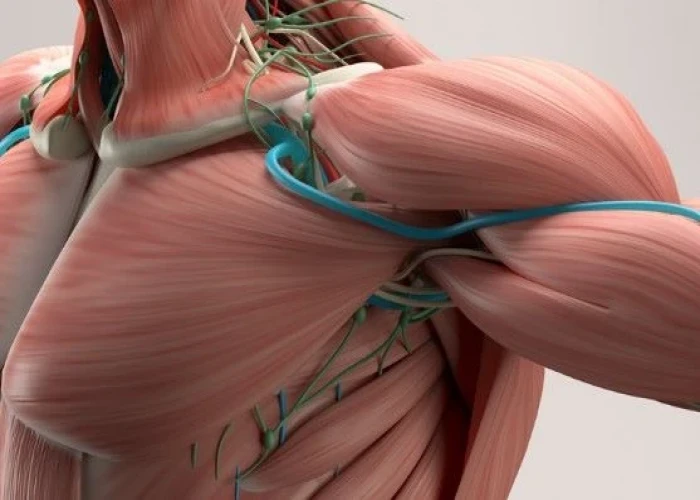 Welcome
Welcome
“May all be happy, may all be healed, may all be at peace and may no one ever suffer."
Pseudocholinesterase deficiency
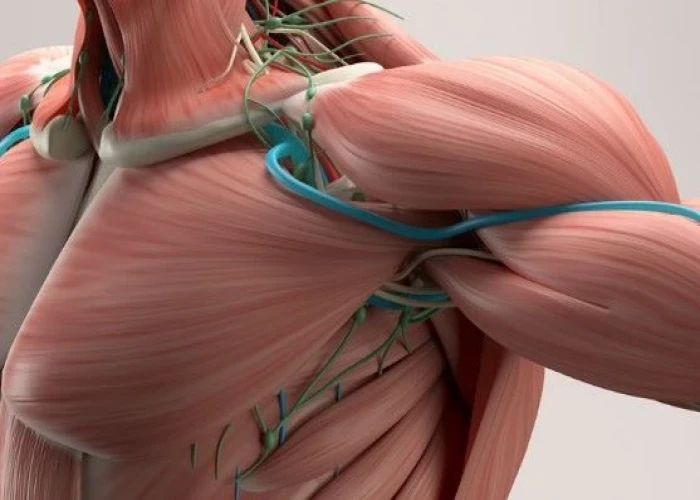
Pseudocholinesterase deficiency is a rare genetic condition that affects the body's ability to break down certain drugs and chemicals, including the drug succinylcholine which is commonly used during anesthesia. The condition is caused by mutations in the BCHE gene, which provides instructions for making an enzyme called butyrylcholinesterase (BChE), also known as pseudocholinesterase.
BChE is responsible for breaking down choline esters, which are found in many drugs, including succinylcholine, which is commonly used to induce muscle relaxation during surgery. People with pseudocholinesterase deficiency have reduced levels or activity of BChE, which can lead to prolonged or exaggerated effects of drugs that are broken down by this enzyme.
Symptoms of pseudocholinesterase deficiency can include prolonged muscle paralysis or respiratory depression after anesthesia or exposure to certain chemicals, such as pesticides or nerve agents. Other symptoms may include nausea, vomiting, dizziness, headache, and abdominal pain.
Diagnosis of pseudocholinesterase deficiency is typically done through a blood test that measures the levels and activity of BChE. Genetic testing may also be done to confirm the diagnosis and identify the specific mutation in the BCHE gene.
Treatment for pseudocholinesterase deficiency may involve avoiding drugs and chemicals that are broken down by BChE, using alternative anesthetics or muscle relaxants, or taking medications to counteract the effects of these drugs. In some cases, plasma or blood transfusions may be necessary to provide additional BChE to the body.
While pseudocholinesterase deficiency is a rare condition, it is important for individuals with a family history of the condition or who have had adverse reactions to anesthesia to discuss their concerns with their healthcare provider prior to any surgical or medical procedures.
Research Papers
Disease Signs and Symptoms
- Muscle weakness
Disease Causes
Pseudocholinesterase deficiency
If you have pseudocholinesterase deficiency, your body lacks or has a reduced amount of the enzyme needed to break down (metabolize) drugs known as choline esters. These drugs, succinylcholine and mivacurium, are used as part of anesthesia to relax the muscles during medical procedures.
Pseudocholinesterase deficiency causes the muscles to stay relaxed for too long, which prevents you from moving or breathing on your own for a few hours after receiving the drug. How long it takes your body to metabolize the medication depends on how much pseudocholinesterase enzyme is produced and how well it functions.
Pseudocholinesterase deficiency can be inherited or acquired.
Inherited pseudocholinesterase deficiency
Inherited pseudocholinesterase deficiency is caused by a defect in the butyrylcholinesterase (BCHE) gene. This gene provides the instructions to make the pseudocholinesterase enzyme that's needed to break down choline esters. This genetic defect results in a poorly functioning enzyme or lack of enzyme production.
Genetic testing can reveal whether you have this abnormal gene. To have the condition, you must inherit two abnormal genes ― one from each of your parents (autosomal recessive inheritance). If you inherit only one abnormal gene, you won't have the condition. However, you may process choline esters at a slower rate than those without an abnormal gene.
With one abnormal gene, you are a carrier and you can pass the abnormal gene to your children. But they won't develop the condition unless they also inherit an abnormal gene from the other parent.
Acquired pseudocholinesterase deficiency
Pseudocholinesterase deficiency can be acquired as a result of conditions that reduce production of the pseudocholinesterase enzyme, such as chronic infections, kidney or liver disease, malnutrition, severe burns, cancer, or pregnancy. Certain drugs also can reduce production of the enzyme, causing a deficiency.
Disease Prevents
Pseudocholinesterase deficiency
If you have a family history of pseudocholinesterase deficiency or have a family member who had any problem with anesthesia, tell your doctor before getting a medical procedure that requires general anesthesia. If you have a family history of pseudocholinesterase deficiency, you can prevent problems during anesthesia by getting testing before the procedure.
Evaluating your risk of pseudocholinesterase deficiency allows your anesthesiologist to avoid certain drugs, if needed.
Disease Treatments
If you have pseudocholinesterase deficiency, your anesthesiologist can avoid giving you drugs that may trigger prolonged muscle relaxation and choose other muscle relaxants instead.
There is no cure for pseudocholinesterase deficiency. If you have the condition and you receive muscle relaxants that prolong your anesthesia recovery, you'll likely need medical assistance. If needed, mechanical ventilation support and sedation are provided while you recover and start breathing on your own.
With pseudocholinesterase deficiency, you may also be sensitive to other drugs and chemicals. These can include the local anesthetic procaine and certain agricultural pesticides.
If you've been diagnosed with pseudocholinesterase deficiency, wear a medical alert bracelet or necklace. This lets health care professionals know of your risk, especially in an emergency.
Disease Diagnoses
Disease Allopathic Generics
Disease Ayurvedic Generics
Disease Homeopathic Generics
Disease yoga
Pseudocholinesterase deficiency and Learn More about Diseases

Klinefelter syndrome

Malaria Fever

Low blood pressure (hypotension)
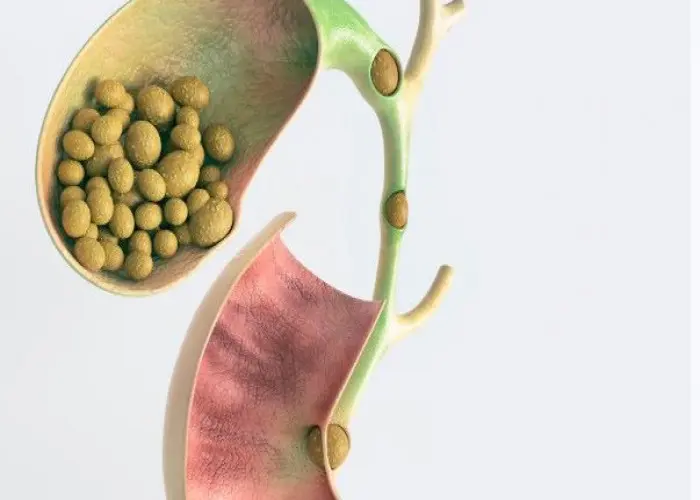
Gallstones
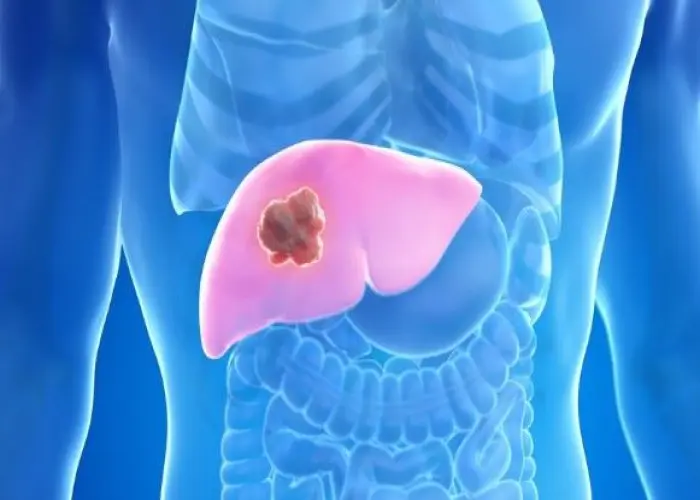
Hyperoxaluria and oxalosis

Peripheral nerve injuries
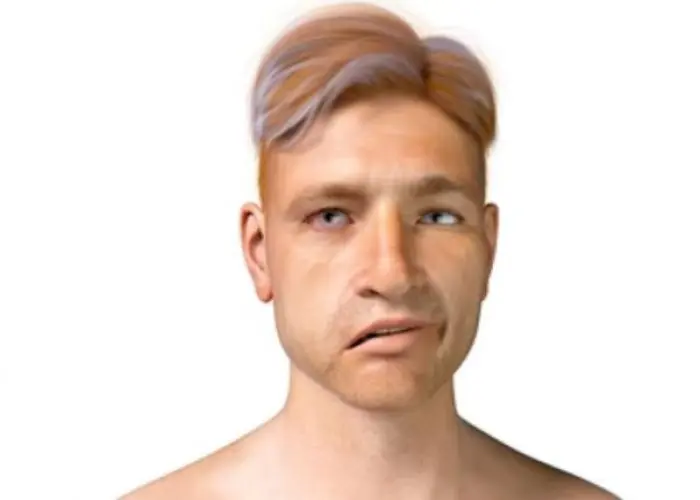
Bell's palsy
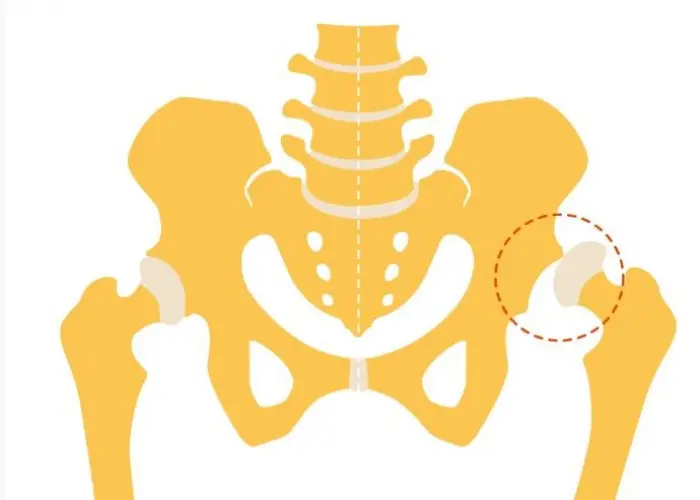
Hip dysplasia
pseudocholinesterase deficiency, সিউডোকলিনস্টেরেসের ঘাটতি
To be happy, beautiful, healthy, wealthy, hale and long-lived stay with DM3S.
